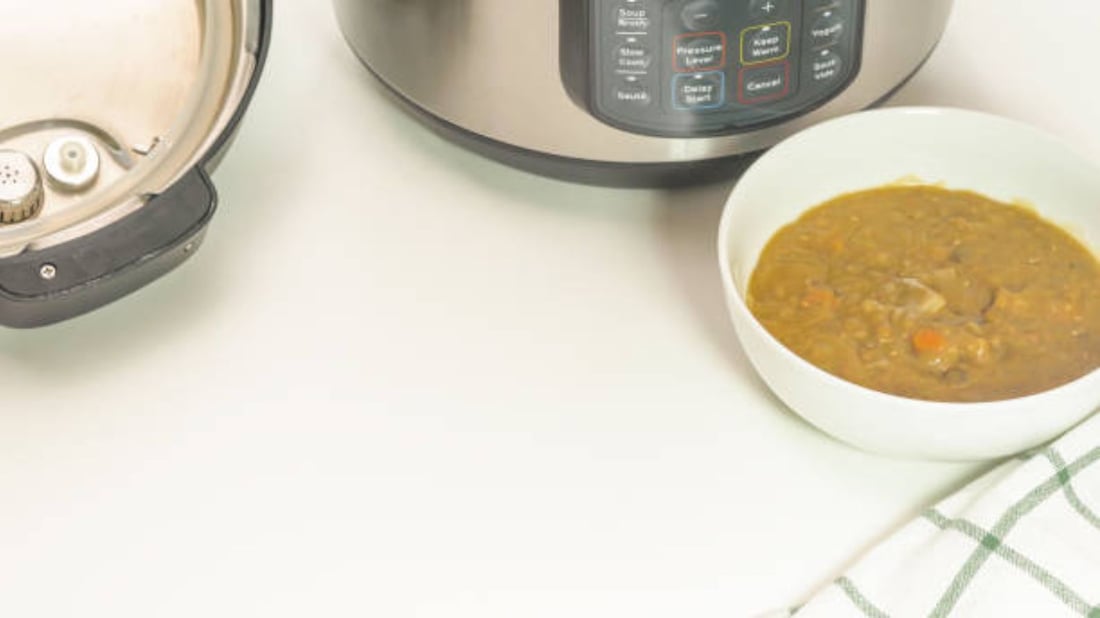1. Proper Cleaning Techniques
To extend the life of your non-stick pans, it's crucial to use the correct cleaning techniques. Avoid using harsh scrubbers or abrasive sponges that can damage the non-stick coating. Instead, opt for a soft sponge or cloth and gentle dish soap to clean your pans.
2. Avoid High Heat
Non-stick pans are not designed to withstand high heat. Using them over high temperatures can cause the coating to deteriorate quickly. To prevent this, always cook on low to medium heat settings and never use your non-stick pans in the oven above the recommended temperature.
3. Use the Right Utensils
Metal utensils can scratch and chip the non-stick coating on your pans. To prevent damage, use wooden, silicone, or plastic utensils when cooking with non-stick pans. This simple switch can significantly extend the lifespan of your cookware.
4. Store Carefully
Proper storage can also help prolong the life of your non-stick pans. Avoid stacking heavy items on top of them, as this can cause dents and scratches. Instead, place a protective layer, such as a paper towel, between your non-stick pans when storing them.
5. Season Your Pans
Seasoning your non-stick pans can help maintain their non-stick properties for longer. To season your pans, apply a thin layer of oil to the cooking surface and heat them on low heat for a few minutes. Repeat this process regularly to keep your pans in top condition.
6. Avoid Cooking Sprays
Cooking sprays may seem convenient, but they can actually harm the non-stick coating on your pans. Over time, the residue from cooking sprays can build up and reduce the effectiveness of the non-stick surface. Instead, use a small amount of oil or butter to prevent food from sticking.
7. Clean with Baking Soda
Stubborn stains and residue can be removed from non-stick pans using baking soda. Sprinkle baking soda on the surface of the pan, add a little water to form a paste, and gently scrub with a soft sponge. This natural cleaning method is effective and safe for your pans.
8. Avoid Sudden Temperature Changes
Rapid temperature changes can warp non-stick pans and cause the coating to peel. To prevent this, allow your pans to cool down before washing them or adding cold ingredients. This simple precaution can help maintain the quality of your non-stick cookware.
9. Regular Maintenance Checks
Periodically inspect your non-stick pans for signs of wear and tear. If you notice any scratches, chips, or flaking in the coating, it's time to replace the pan. Regular maintenance checks can help you identify issues early and prevent further damage.
10. Follow Manufacturer's Instructions
Each non-stick pan may come with specific care instructions from the manufacturer. It's essential to read and follow these guidelines to ensure the longevity of your cookware. By adhering to the manufacturer's instructions, you can maximize the lifespan of your non-stick pans.
Quote Inquiry
Contact us!

